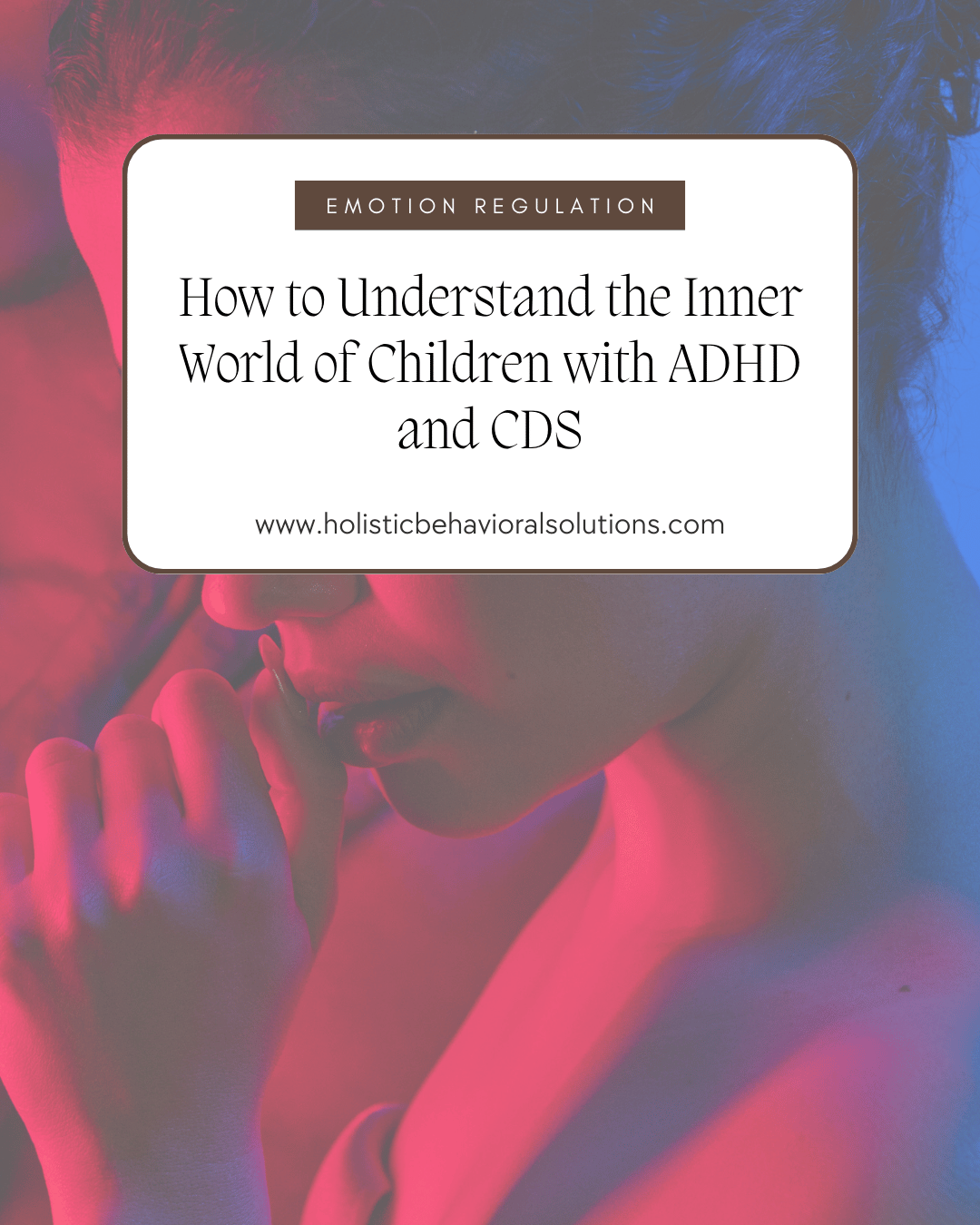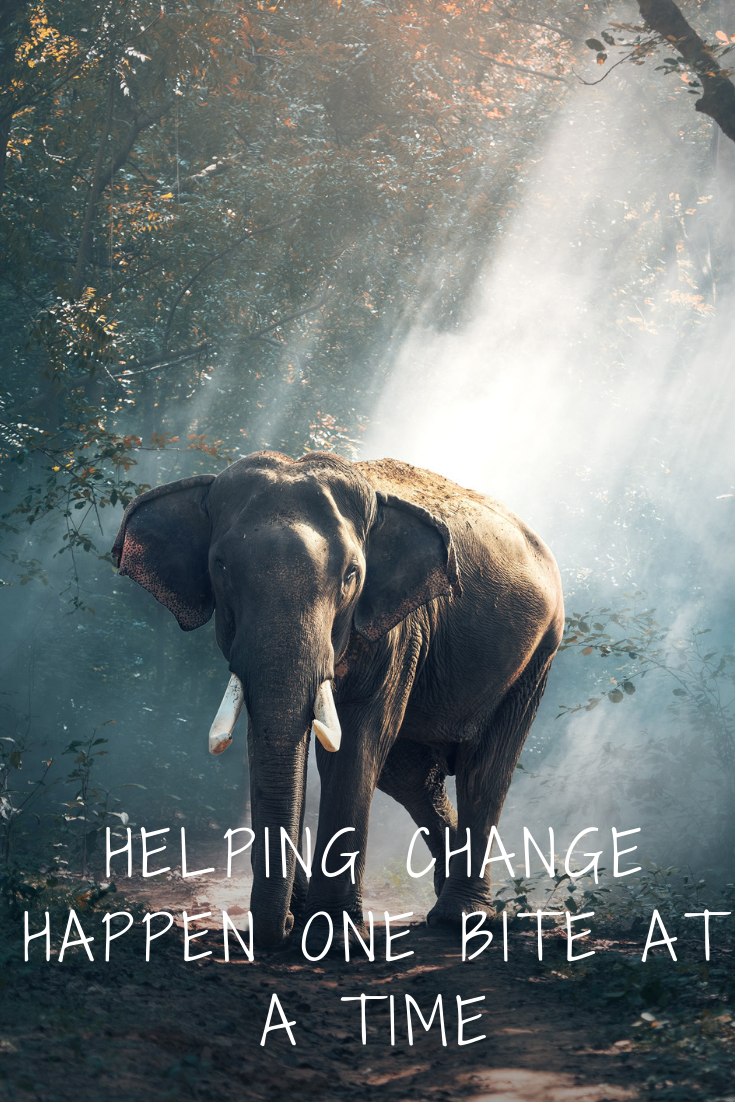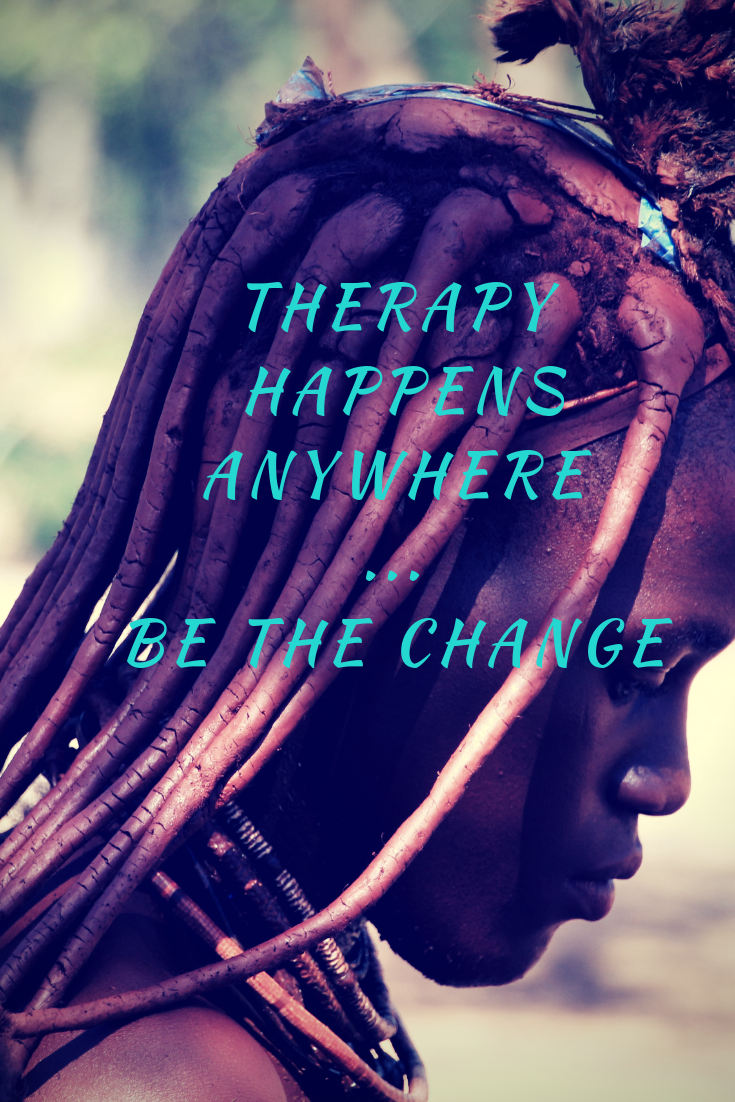
At Holistic Behavioral Solutions, we know that children experience the world in their own beautifully complex ways. This is especially true for children diagnosed with Attention Deficit Hyperactivity Disorder (ADHD) and Cognitive Disengagement Syndrome (CDS). The research is always getting better, and recent research sheds light on an important—but often misunderstood—part of their experience: the connection between emotion regulation and their natural preference for solitude.
As therapists, educators, and parents, it’s critical that we understand this dynamic. When we do, we create space for compassion, effective support, and meaningful connection.
What the Research Tells Us About Emotion Regulation and Solitude
A recent study involving 176 children aged 8 to 12 used tools like the Solitude Scale for Children, Difficulties in Emotion Regulation Scale, and the Child Behavior Checklist to assess the inner and outer experiences of these kids. What the researchers found was eye-opening:
- Children with ADHD and CDS often experience the world as overwhelming due to challenges with attention, sensory processing, and emotional regulation.
- These difficulties can lead to social withdrawal—not necessarily due to a lack of interest in others, but as a coping strategy for managing emotional and sensory overload.
- The link between attention challenges and a preference for solitude is often mediated by internalizing disorders, such as anxiety or depression.
In short: solitude isn’t avoidance—it’s regulation. It’s a way for neurodivergent children to manage emotional stressors and restore balance in a world that can feel too loud, too fast, and too much.
Supporting Emotion Regulation in Children With ADHD and CDS
Understanding this relationship between solitude and emotion regulation helps shift the narrative. Rather than labeling a child’s quiet time as “anti-social” or problematic, we must recognize it as an expression of self-awareness and self-care.
Here’s how parents, educators, and therapists can help:
- Create safe, calming environments that honor a child’s need for space and quiet.
- Use therapeutic strategies that teach children how to recognize and regulate emotions, such as mindfulness, CBT, and sensory-based tools.
- Understand the connection between internalizing disorders and emotional withdrawal. Supportive mental health care can reduce anxiety and depression symptoms and promote healthier social engagement.
- Celebrate their strengths—creative thinking, emotional depth, and a strong sense of self are often key traits of neurodivergent children.
This approach reinforces the importance of co-regulation, where trusted adults model calm and connection, helping children regulate more effectively in moments of distress.
Fostering Empathy and Emotional Resilience in Neurodivergent Kids
When we reframe solitude as a legitimate tool for emotion regulation, we foster deeper empathy and understanding. It becomes clear that these children aren’t avoiding connection—they’re simply navigating it in a way that protects their emotional well-being.
By honoring their needs, we help them:
- Feel safe in their environment
- Strengthen emotional awareness
- Build confidence in their ability to manage overwhelm
At Holistic Behavioral Solutions, we believe that every child has the potential to thrive. Our role is to help uncover that potential by meeting each child where they are—with compassion, skill, and an unwavering belief in their growth.
Strengthen the Connection From the Inside Out
Explore Our Holistic Store: Our curated collection of wellness supplements and self-care tools supports emotional balance, focus, and overall well-being. Designed to help you and your child feel your best—inside and out. Shop Now
We’re Hiring Compassionate Clinicians: If you’re a culturally competent IIC clinician committed to working with neurodivergent children and families, we want to hear from you. Apply today and join a team dedicated to inclusive, impactful mental health care in New Jersey.
Key Takeaways:
- Emotion regulation challenges in children with ADHD and CDS often lead to a preference for solitude.
- Solitude can be a powerful self-regulation strategy—not a red flag.
- Supporting these children requires empathy, therapeutic tools, and environments that prioritize emotional safety.
- Co-regulation and understanding go a long way in fostering long-term resilience.
Let’s continue creating spaces where all children—especially those who are neurodivergent—feel seen, supported, and empowered to grow at their own pace.

